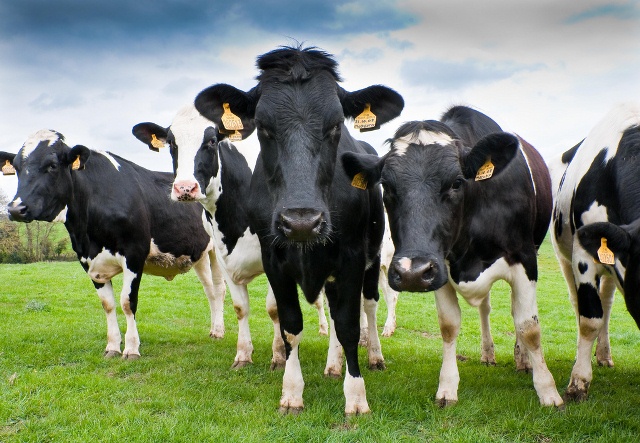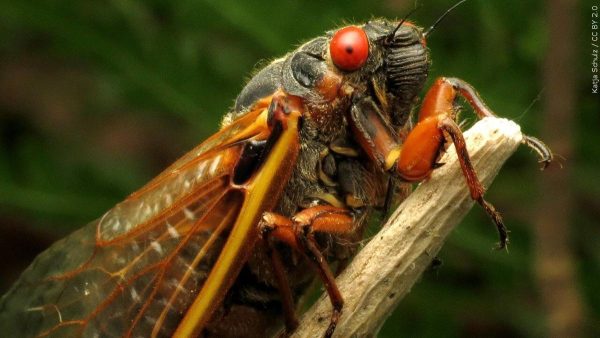Earth Week Challenge: Meatless Tuesday
As part of Earth Week, WJ’s Green Team will issue three challenges. The first challenge is to abstain from meat on Tuesday, April 18.
Today, Tuesday, April 18, in conjunction with Earth week, A Taste of Excellence is serving only meatless lunches. This represents a small but vital step Walsh is taking, and all students, whether buying or packing, are encouraged to go meatless at lunch and all day.
The many ways to prevent environmental destruction, such as carpooling and limiting water and electricity use, are well known. However, an extremely powerful yet efficient way is often overlooked: limiting animal product consumption.
Understanding the term “animal agriculture” is important. It refers to the practice of breeding animals for animal products. A startling 18 per cent of greenhouses gas emissions are directly attributable to animal agriculture. That may not see not seem significant, but a study by the United Nation’s Food and Agriculture Organization found that animal agriculture produces more greenhouse gases than the entire transportation sector (planes, trains, cars, boats, etc.) combined. Cows and sheep are at the forefront of this problem. They release methane gas, the most harmful to the atmosphere, through their manure and the passing of gas (yes, farting) in incredibly large quantities.
Senior Nico Clarke exclaimed, “This problem almost sounds like a joke and unreal! However, I did some research on my own and watched some documentaries and realized this issue is urgent. So I made the choice to become a vegetarian.” Although everyone does not need to make the same choice as Nico, simply reducing the consumption of meat, especially beef, can bring about significant change.
Not only do animal products account for copious amounts of greenhouse gases, they are also incredibly water intensive industries. The production of one pound of ground beef requires 2,500 gallons of water because the cattle raised consume water intensive grains like corn. Limiting consumption of red meat can help solve the growing water crisis, as well.

Cows and other livestock release massive amounts of methane gas which causes damage to the environment.
The issue deserves to be at the forefront of environmental discussions due to its undeniable effect on our world. Fortunately, change is already occurring. The carbon footprint of the average American’s diet has shrunk by 9 per cent, largely because people are eating less beef, according to Inside Climate News.
So, do your part by going meatless today. In addition, all are urged to consider a meatless day each week. Doing so will combat climate change due to the production of methane gas and a potential worldwide water crisis, as well.

![Carpool Wednesday: The second Earth Week challenge [Video]](https://thepioneerwjhs.com/wp-content/uploads/2017/04/image2-300x166.jpg)











Barb savoia • Apr 21, 2017 at 7:42 pm
This is so fantastic! I just love the video and the article is very informative. I am very impressed by the knowledge and interest these kids are showing and it’s so important to get the word out !! They are making a difference !! Knowledge is power!! Keep up the good work!!!!!